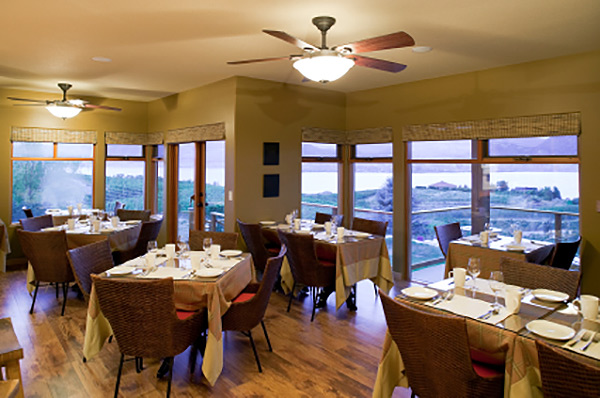19 Restaurant Management Tips to Maximize Profit and Minimize Hassle

Running a restaurant is no easy task. We've gleaned the top tips from foodservice professionals to help you stay in the black...
1. Lead by example.
Don't tell your employees to do something you won't do, and if you notice that your staff is hesitant to perform a specific task, do it with them the first time around. From cleaning the cooler to keeping your cool with a horrible customer, they'll copy your example.
2. Learn local marketing strategies – and use them.
Participating in local events, being present in area traditions (think chili cook-offs, community fairs, and other public gatherings) can grow your brand and drive business for a low cost.
3. Focus on superior service.
There are plenty of places to eat – make your place special not only for the food, but for the way guests are treated.
4. Keep the staff positive, and emphasize optimism.
Negative emotions are contagious. If your staff is feeling low, their performance will drop and customers will also catch the bad vibe.
5. Cultivate trust between your team members and trust in your leadership.
This makes it easier to clear up problems on the floor or in the schedule, and helps your employees work together effectively.
6. Get your hands dirty.
When the rush hits, pitch in as needed. You'll gain respect in the eyes of your employees – and the customers.
7. Motivate by doing.
Stay active while in the restaurant. Hold contests, games, and use incentives to get your employees to be more productive. The excitement is just as contagious as negativity can be.
8. Be consistent with discipline.
If you pick favorites, everyone will know. Maintaining a strict disciplinary code with no exceptions will result in your staff trusting you more and sticking to the rules you set. Give a little leeway to favorites, and chaos reigns.
9. Recognition is king.
Everyone loves getting a monetary reward, but studies have shown that employees respond better to public recognition. Make sure you give it. When someone performs exceptionally well, let them know. Keep a wall of customer comments, and openly congratulate top performers.
10. Plan ahead.
Don't let surprises happen – preparation is 9/10 of success. Watch inventory closely and order as needed, schedule with vacations, special events, and extra tasks in mind.
11. Communicate openly and often.
Hold shift meetings, monthly staff meetings, and performance reviews. Keep your employees informed about goals, policy changes, and expectations.
12. Be the captain.
The captain is the first person on board his ship, and the last to leave it. You should captain your restaurant. If you personally can't be there, another manager should always be present at open and close.
13. Keep your cool.
Don't blow up at employees – realize that mistakes are part of human nature. Instead of assigning blame, look for solutions.
14. Practice effective multi-tasking.
Delegate where necessary, and do more than one thing at a time. There aren't enough hours in the day to do all of your managerial duties – no one has enough time to effectively manage. Get the best mileage out of your time by maximizing it, and if necessary, have two managers present for busy shifts.
15. Know your customers.
Trust your gut if you think someone is untrustworthy. Learn your regulars' names, favorite meals, and drinks. Greet everyone you recognize by name.
16. Track your weights and measures, and keep a close eye on sales vs. inventory.
Sad but true – theft happens.
17. Keep your employees healthy.
Flu season and cold season take down more employees than you might like to admit. Stock hand sanitizer and watch sanitation practices like a hawk. Send sick employees home – one staff member out sick is easier to deal with than 5 or 6 down with the flu.
18. Run AND read daily reports.
The data they hold is your best friend. Look for trends, and see how you can improve your sales while cutting losses.
19. Calculate prime costs weekly or daily.
Keeping a closer watch on this data will help you improve sales totals, inventory use, and profits.
Geordy Murphy is the Owner & Founder of Fobesoft, a software tool to help restaurant owners and managers better manage their bottom line. From concept developer and restaurant general manager, to corporate chef and marketing director, Murphy has been the lead executive in a number of the country's most prominent restaurants and bars.




